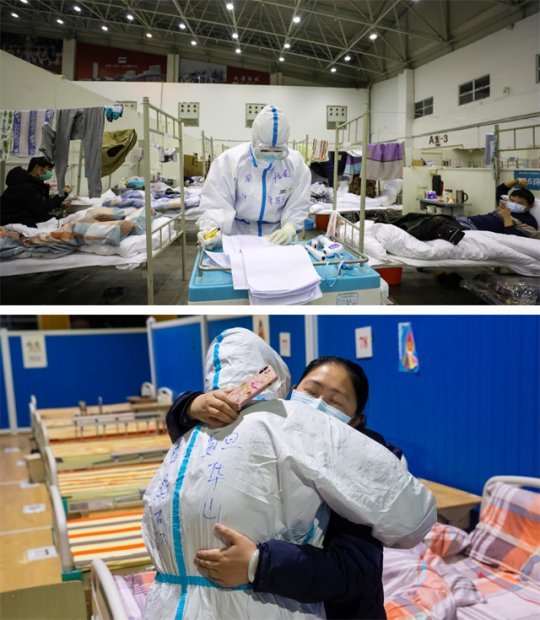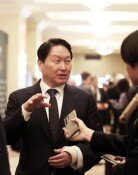Will COVID-19 put China on a new journey of political reform?
Will COVID-19 put China on a new journey of political reform?
Posted March. 11, 2020 07:53,
Updated March. 11, 2020 07:53

COVID-19 that started in Wuhan, China has spread to the entire world. The majority of the world is in panic because of the virus. Since China sealed off Wuhan on January 23, the number of COVID-19 patients and deaths has noticeably decreased. But China had to go through significant change over the past seven weeks. Chinese people’s perception, concept and emotions towards their nation, government, life and individual behaviors have burst out for the seven weeks. It is uncommon for China.
I personally have never seen such drastic change in Chinese citizens’ emotions since the early 1990s. Now they are more honest about the state, society and the destiny of individuals. And as the virus hit the country, their thoughts on civil consciousness, individual freedom and equality exploded out. Recently, China’s centralized authoritarian rule has been tightened since the outbreak, but the Chinese government is now more cautious due to the exploding public opinion. Perhaps, Chinese people will remember 2020 not only as a year when more than 3,000 citizens died from the virus, but also a year when people’s will for democratization and freedom burned up.
Chinese citizens asked questions about what happened in the early stage of the novel coronavirus infection. Why did the government close off Wuhan and responded to the crisis as late as January 23, which was a long time after the actual outbreak in November last year? What really happened? Who is responsible for the belated response? How were patients treated after Wuhan was sealed off and travel restrictions were imposed on most cities in Hebei province? If the government officials in Wuhan and Hubei province showed the evil of bureaucracy, what kind of attitude do the central government and the Chinese Center for Disease Control and Prevention need on their mistakes in the initial responding to the virus?
The people of China were enraged again on Saturday, a month after “whistleblower” physician Li Wenliang died on February 7. “[We] must through various channels carry out gratitude education among the citizens of the whole city as well as cadres so that they thank the general secretary [Xi Jinping], thank the communist party, listen to the party’s words, follow the party’s way, and create strong positive energy,” said Wuhan party secretary Wang Zhonglin to meet with the backlash of residents in Wuhan.
China’s constitution and the script of the Communist Party of China emphasize that the government serves the people. Officials are civil servants, but the high authority of Wuhan asked the people in Wuhan to be thankful. It does not seem very different from monarchial China in 1912.
The people thanked the emperor for his favors in monarchial China. Fortunately, China understood that Wang’s way was wrong and deleted online content related to his remarks. The people of China won a victory by expressing their opinion towards freedom and human nature.
Even though China’s economy grew rapidly for the past few years, the new authoritarianism of the country disappointed Chinese citizens. It shows political elites in China have outdated views on ruling. They believe China’s continued rise is only possible when various public opinions are unified by political elites because the country is thickly inhabited and has various problems. But this view neglects the demand of Chinese people who yearn for freedom and truth as they are exposed to the shock of globalization and internationalization.
The COVID-19 crisis is still ongoing in China. But the contest between the public will and the government has showed hopes that China can reform its politics and reestablish freedom, constitutionalism and a fair political system. A funny joke is spreading around online in China: “Why does the Chinese government ask everyone to wear a mask every time they go out? It is to make all Chinese people talk less and reflect on themselves.”
Wan-Jun Yun zeitung@donga.com







